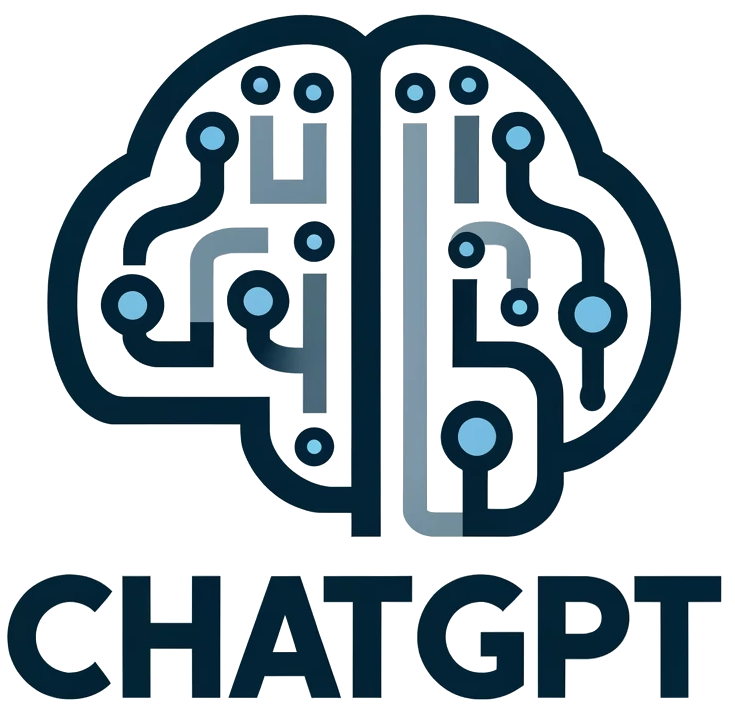What is Artificial Intelligence?

What is Artificial Intelligence?
The History and Evolution of Artificial Intelligence
Artificial intelligence, or AI, is a term that has been gaining popularity in recent years. But what exactly is AI, and how did it come to be? Let’s take a closer look at the history and evolution of artificial intelligence.
The concept of artificial intelligence can be traced back to ancient times, with stories of mechanical men and automata dating back to ancient Greece and China. However, it wasn’t until the 20th century that AI truly began to take shape as a field of study.
One of the earliest pioneers of AI was Alan Turing, a British mathematician and computer scientist who is often considered the father of theoretical computer science. In the 1950s, Turing proposed the idea of a test to determine whether a machine could exhibit intelligent behavior indistinguishable from that of a human. This test, known as the Turing Test, remains a key concept in the field of AI to this day.
Throughout the 1950s and 1960s, researchers began to develop computer programs that could perform tasks traditionally thought to require human intelligence, such as playing chess or solving complex mathematical problems. These early AI programs laid the foundation for the development of more advanced AI systems in the decades to come.
In the 1970s and 1980s, AI research experienced a boom, with significant advancements in areas such as natural language processing, computer vision, and expert systems. These developments led to the creation of AI applications that could perform tasks such as speech recognition, image recognition, and decision-making.
One of the most significant milestones in the history of AI came in 1997, when IBM’s Deep Blue computer defeated world chess champion Garry Kasparov in a highly publicized match. This event marked a turning point in the field of AI, demonstrating the potential of AI systems to outperform even the most skilled human players in complex games.
In the years since Deep Blue’s victory, AI has continued to evolve at a rapid pace, with advancements in machine learning, neural networks, and deep learning driving the development of increasingly sophisticated AI systems. Today, AI is used in a wide range of applications, from virtual assistants like Siri and Alexa to self-driving cars and medical diagnosis systems.
As AI technology continues to advance, researchers are exploring new frontiers in the field, such as the development of artificial general intelligence (AGI) – AI systems that can perform any intellectual task that a human can. While AGI remains a distant goal, the progress made in AI research in recent years suggests that we may be closer than ever to achieving this ambitious objective.
In conclusion, the history and evolution of artificial intelligence is a fascinating journey that spans centuries of human ingenuity and innovation. From the early mechanical men of ancient times to the cutting-edge AI systems of today, the quest to create intelligent machines that can think, learn, and adapt continues to drive progress in the field of AI. As we look to the future, the possibilities for AI are limitless, and the potential for AI to revolutionize our world is truly exciting.
The Impact of Artificial Intelligence on Society
Artificial intelligence, or AI, is a term that has been buzzing around a lot lately. You may have heard it in the news, in conversations with friends, or even in movies and TV shows. But what exactly is AI, and how does it impact our society?
In simple terms, AI refers to the ability of machines to perform tasks that typically require human intelligence. This can include things like learning, reasoning, problem-solving, perception, and even speech recognition. AI is all around us, from the virtual assistants on our smartphones to the algorithms that power social media feeds and online shopping recommendations.
One of the most significant impacts of AI on society is its ability to automate tasks that were once done by humans. This can lead to increased efficiency and productivity in various industries, from manufacturing to healthcare to finance. For example, AI-powered robots can now perform complex surgeries with precision and accuracy, reducing the risk of human error.
However, the rise of AI also raises concerns about job displacement. As machines become more capable of performing tasks that were once done by humans, there is a fear that many jobs will become obsolete. This has led to debates about the future of work and the need for retraining and upskilling programs to help workers adapt to the changing labor market.
Another impact of AI on society is its potential to revolutionize healthcare. AI algorithms can analyze vast amounts of medical data to help diagnose diseases, predict patient outcomes, and even personalize treatment plans. This has the potential to improve patient care and save lives, but it also raises questions about data privacy and the ethical use of AI in healthcare.
AI also has the potential to transform transportation and urban planning. Self-driving cars powered by AI algorithms are already being tested on roads around the world, promising to reduce accidents and traffic congestion. AI can also be used to optimize public transportation systems, reduce energy consumption, and improve air quality in cities.
In the realm of education, AI has the potential to personalize learning experiences for students. AI-powered tutoring systems can adapt to individual learning styles and pace, providing students with personalized feedback and support. This can help students learn more effectively and improve educational outcomes.
AI also has the potential to revolutionize the way we interact with technology. Virtual assistants like Siri and Alexa use AI algorithms to understand and respond to human speech, making it easier for us to interact with our devices. AI-powered chatbots are also being used by businesses to provide customer service and support, improving the overall customer experience.
In conclusion, the impact of AI on society is vast and far-reaching. From healthcare to transportation to education, AI has the potential to revolutionize industries and improve our daily lives. However, it also raises concerns about job displacement, data privacy, and ethical use. As we continue to develop and deploy AI technologies, it is essential to consider these implications and work towards creating a future where AI benefits society as a whole.
Ethical Considerations in the Development of Artificial Intelligence
Artificial intelligence, or AI, is a term that has been gaining popularity in recent years. But what exactly is AI? In simple terms, AI refers to the ability of a machine to perform tasks that typically require human intelligence. This can include things like learning, reasoning, problem-solving, perception, and even language understanding.
AI has the potential to revolutionize many aspects of our lives, from healthcare to transportation to entertainment. But as with any powerful technology, there are ethical considerations that must be taken into account in the development and deployment of AI.

One of the biggest ethical concerns surrounding AI is the issue of bias. AI systems are only as good as the data they are trained on, and if that data is biased, the AI system will also be biased. This can lead to discriminatory outcomes, such as facial recognition systems that are more accurate for white faces than for black faces, or hiring algorithms that favor men over women.
Another ethical consideration is the potential for AI to replace human workers. While AI has the potential to increase efficiency and productivity, it also has the potential to displace workers in certain industries. This raises questions about the responsibility of companies and governments to retrain displaced workers and ensure that the benefits of AI are shared equitably.
Privacy is another major ethical concern when it comes to AI. AI systems are capable of collecting and analyzing vast amounts of data about individuals, raising concerns about surveillance and the potential for abuse of personal information. It is important for companies and governments to establish clear guidelines for the collection and use of data by AI systems to protect individuals’ privacy rights.
Transparency is also a key ethical consideration in the development of AI. AI systems are often complex and opaque, making it difficult for users to understand how they make decisions. This lack of transparency can lead to distrust and skepticism about AI systems, undermining their potential benefits. Companies and researchers must work to make AI systems more transparent and accountable to build trust with users.
Finally, there is the issue of accountability in the use of AI. Who is responsible when an AI system makes a mistake or causes harm? Should it be the developer, the user, or the AI system itself? These are difficult questions that must be addressed as AI becomes more integrated into our daily lives.
In conclusion, while AI has the potential to bring about many benefits, it also raises important ethical considerations that must be addressed. From bias and privacy to transparency and accountability, there are many complex issues that must be navigated as we continue to develop and deploy AI systems. By taking these ethical considerations seriously and working to address them proactively, we can ensure that AI is used in a way that benefits society as a whole.
